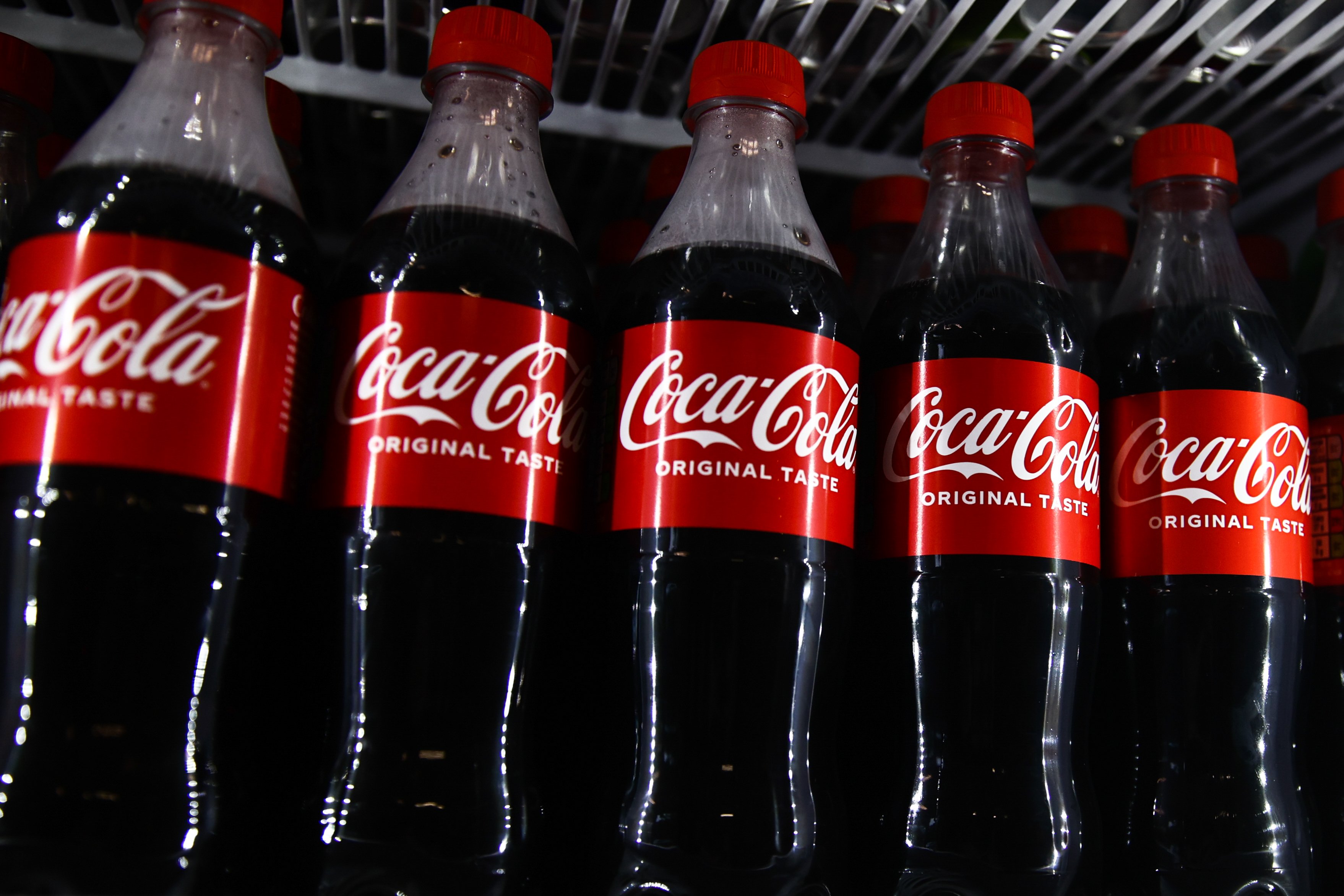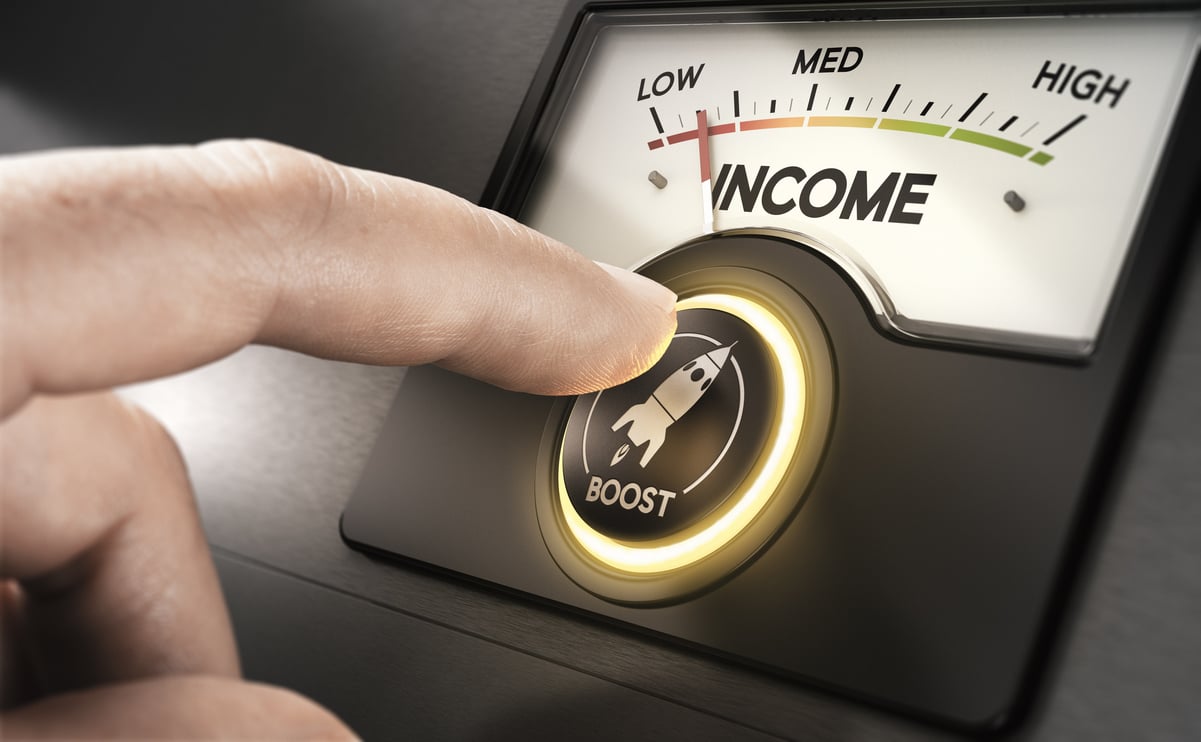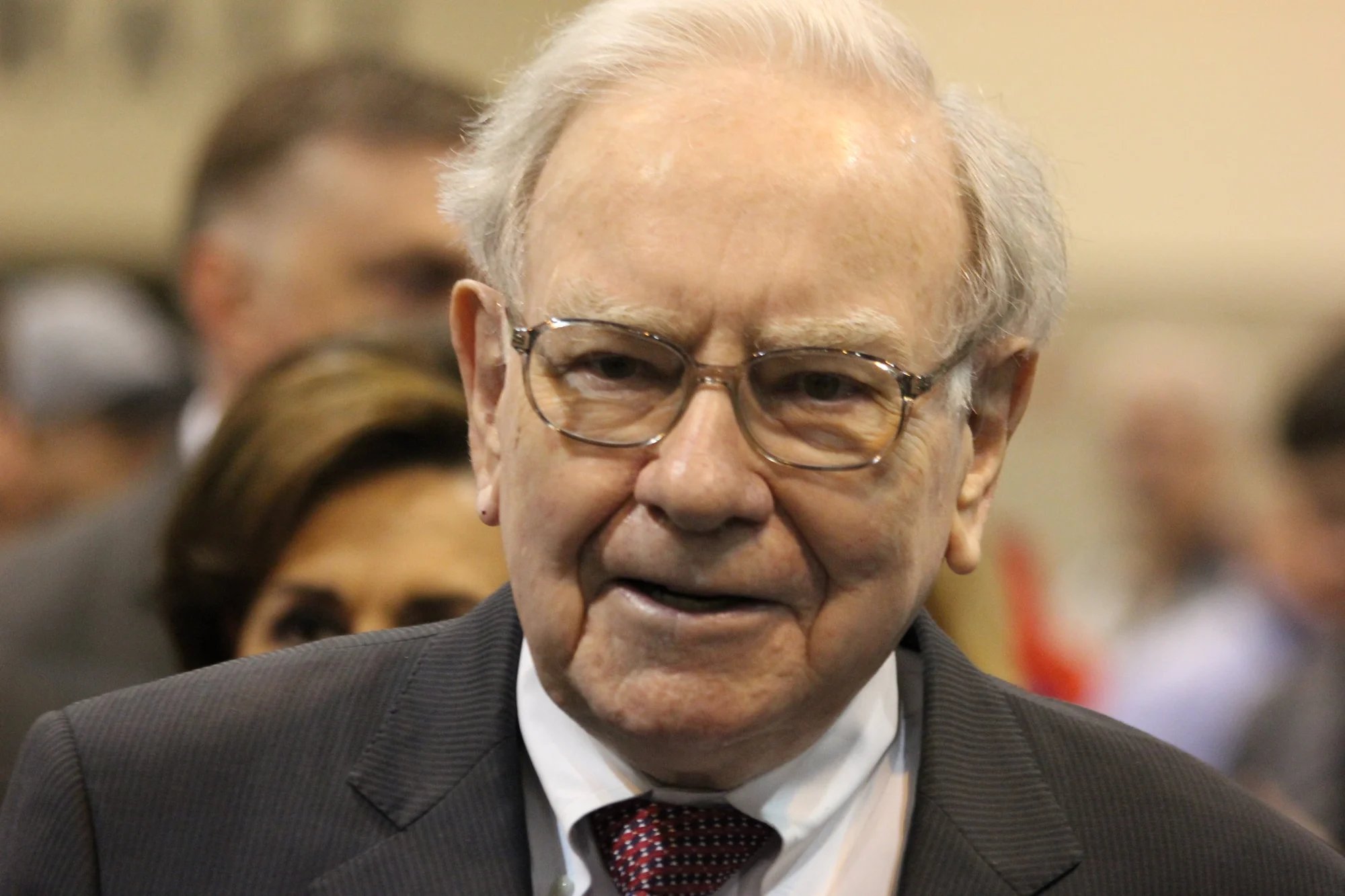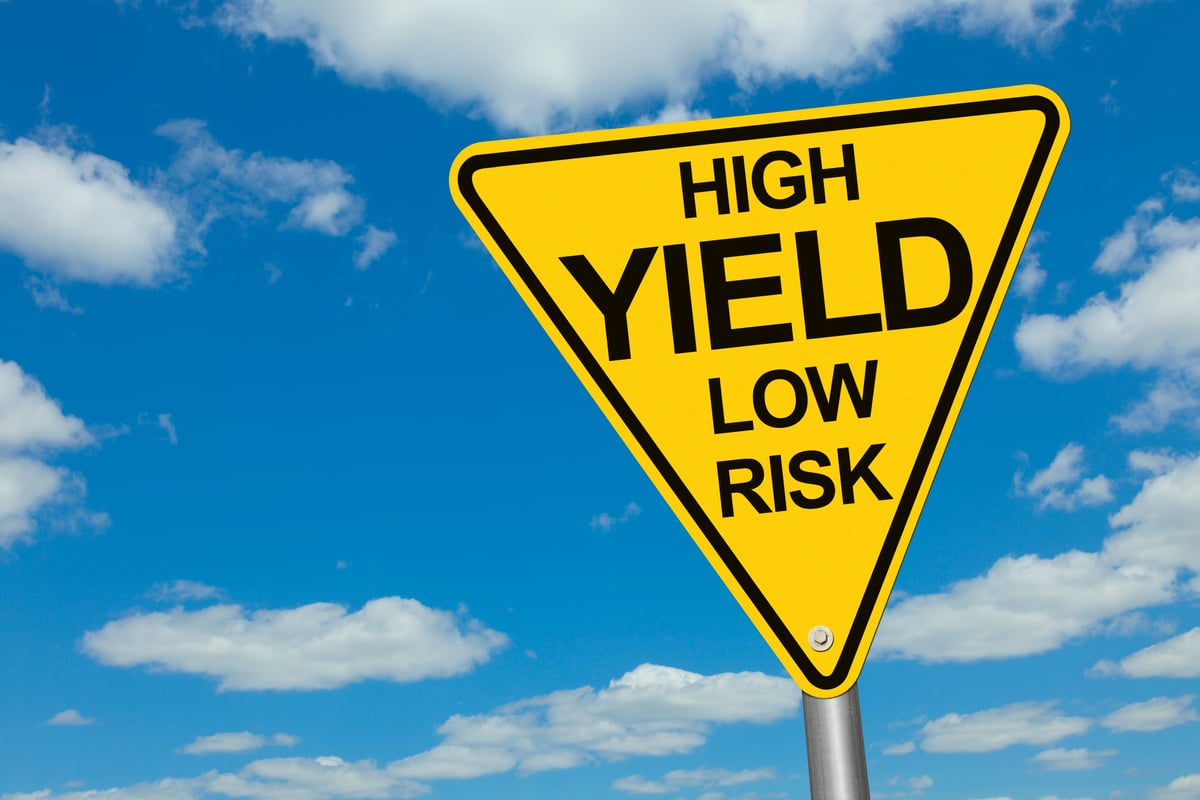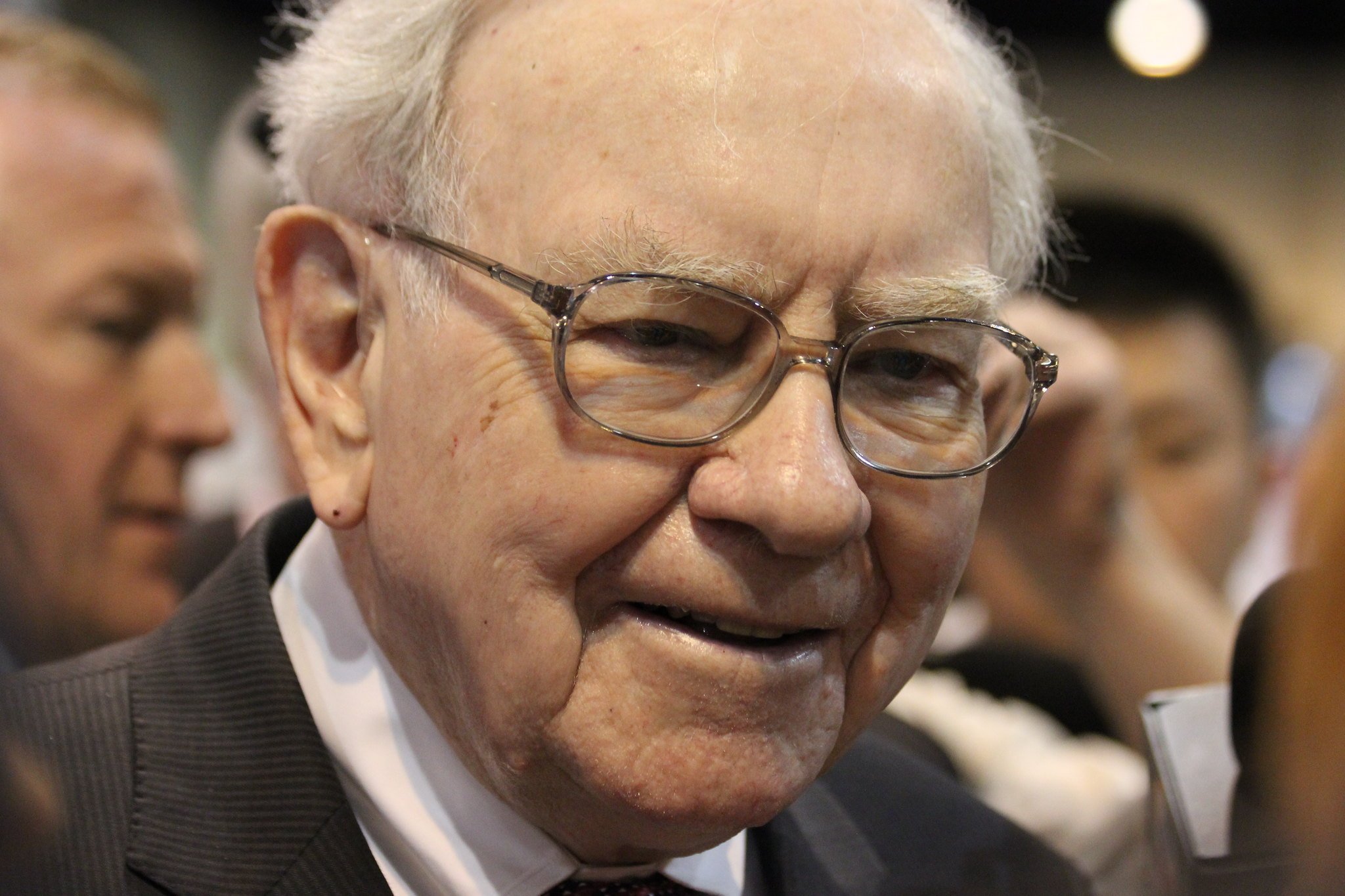Seth Goldman and Barry Nalebuff founded Honest Tea in 1998. In the recently released Mission in a Bottle, the co-founders tell -- in comic book form -- the story of building a successful mission-driven business. Goldman, now president and "TeaEO" of Honest Tea, joins Motley Fool CEO Tom Gardner to discuss sustainability, entrepreneurship, and what it means for a socially responsible, health-oriented business to be bought by Coca-Cola (KO +0.52%) .
Organic, lower-calorie Honest Kids may not win a blind taste test against sugary alternatives, but the healthier option is popular with parents, who actually do the purchasing. Honest Tea hopes to bring the price down eventually, but plenty of consumers are willing to pay the price for better health.
Tom Gardner: Interestingly, blind taste tests, which are frequently used in the beverage category, would fundamentally have knocked Honest Tea out, even before it even got out of the gate.
Seth Goldman: Absolutely. Yes. What's so funny -- and I say this all the time with Honest Kids -- whereas most drink pouches have 100 calories, Honest Kids has 40 calories per pouch.
When we started working with Coca-Cola, they did some taste tests. I said, "Well, you just wasted your money. If you put a kid and you say, 'Do you like something twice as sweet or half as sweet?' what are they going to say? I could have told you the results."
But here's the thing. You put Honest Kids in a lunch box, and guess what the kid is going to drink? Because there's nothing else to drink. On the first day, he may say, "Oh, that doesn't have much sugar in it." The second day he'll drink it. By the end of the week you've changed that child's habits. If we're going to talk about taking our whole diet in a different direction, it's an incredible model.
And by the way, Honest Kids is -- I'm not bragging about it -- just because it's organic ingredients it's twice as expensive as the nonorganic, super sweet drinks. But it's grown incredibly. It's over a third of our business now.
To me, that's a very exciting direction. Obviously, our long-term goal is to get the price down, but to think about, if we can do that with the rest of the beverage industry, that's pretty powerful.
Gardner: How do you think America is doing with the move to a healthier diet?
Goldman: Going back to Honest Kids, when we started, all of the kids' drinks were at 100 calories. Since Honest Kids has been succeeding -- and I'm not saying we're the only reason -- but since Honest Kids has been succeeding over the past three or four years, the average calorie profile of a kids' drink pouch is now 75 calories.
Sometimes America doesn't even know they're moving in a healthier direction. Here's the situation. We're in a bad situation. The United Nations recently ranked the average life expectancy of all 200 countries.
Before I tell you where the United States ended up, just remember the United States is the wealthiest nation in the history of the world. We have more advanced knowledge of science and medicine than any civilization has ever had. We spend more per capita on medicine than any country.
But we're not No. 1. We're not No. 2. We're No. 40. So, what does that say about our diet? About our lifestyles? About our relationship with the natural world? About our relationships with each other? Instead of being No. 1, we're 40. It means we're grossly out of order.
Gardner: Out of curiosity, are we No. 40 up from 23, or 40 down from 72?
Goldman: At one point we were much higher. This is the first year that our obesity rate, nationally, has gone down -- so that is an improvement -- but the bad news is now Mexico is No. 1.
You've got a third of the population that's either obese or on its way to being obese. Diabetes is really an epidemic. We're nowhere near where we need to be. And it's not all diet; it's certainly not all beverage. It's a very complex problem with a lot of causes and a lot of different solutions.

